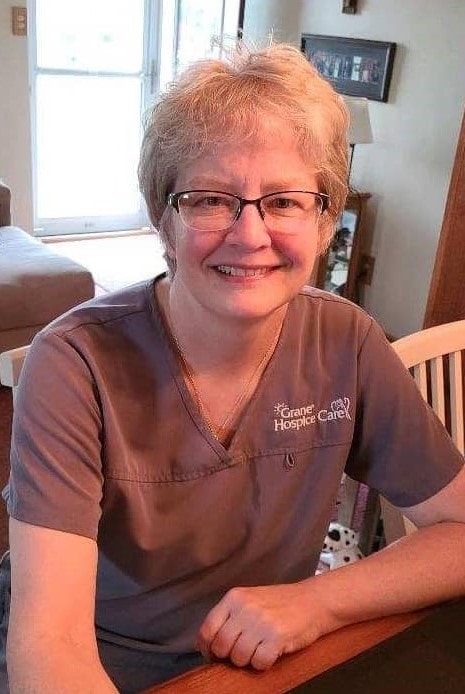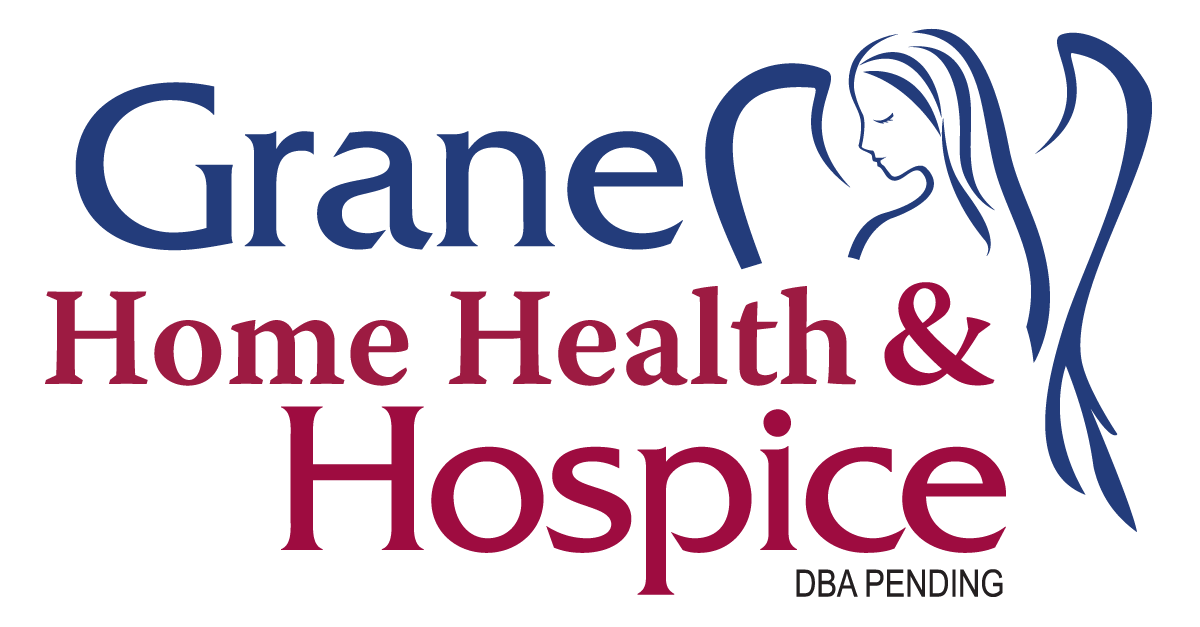By Lori Hoffer, RN
I had worked in the ICU for 17 years and was the “go-to” nurse to assist families in making the hardest decision regarding their loved one and their feelings on advanced directives and prolonging life. I was comfortable with talking about dying and the process. I decided to go back to school for a Masters in Psychology and shortly after starting my classes we had a 17 year old girl that was brain dead from an motor vehicle accident in which her mother was driving and hit black ice. The mother had no recollection of the accident nor that her daughter was in our ICU awaiting CORE. That left the 18 year old son and brother who was an EMT to make decisions.
I stayed after my shift and worked with providing support to the family as the other nurse provided care to the daughter. It was with this one event I realized there was not enough grief counseling and support for people in this area, for our families in the hospital needing to make such important decisions for themselves and their loved ones. Throughout the next few years I focused my internships on grief counseling, working with the Good Grief Center in Pittsburgh and a hospice bereavement counselor.
After graduation I opened my own office but one day after taking care of a patient for over a week while helping the family (who had been estranged) to come together for their dad and give him peace upon his death, the patient decided to go home on hospice with one condition. The condition was if I would follow the family and him home because he knew his death was imminent and wanted me there to help his children. That was when I realized hospice would be for me.
For me, hospice means the patients and families have taken the first step in the journey to keep them comfortable. It is for me then to support, educate and be an advocate for my patients as well as the families. With this more natural dying process you walk a fine line between what the patient is ready for and what the family is ready for which can be two very different ideas. Most importantly, the patient has to trust that you are their advocate even when the family doesn’t agree with their choices. I navigate all the dynamics of the families’ relationships to educate and ensure we can get to a common ground of acceptance for all. Once the patient and family realize they can trust me, can trust that as their hospice nurse I have their best interest at heart, they begin to accept the inevitable. If their loved one is relaxed and trusting that makes them feel better. Every patient wants to know that at the end of their life they will not suffer, will die with dignity, and have the support of their family. They also want to know that hospice will continue to support their loved one for as long as they need after their death. As long as I can provide my patients and their families with a peaceful death I will continue to do the job I love.




